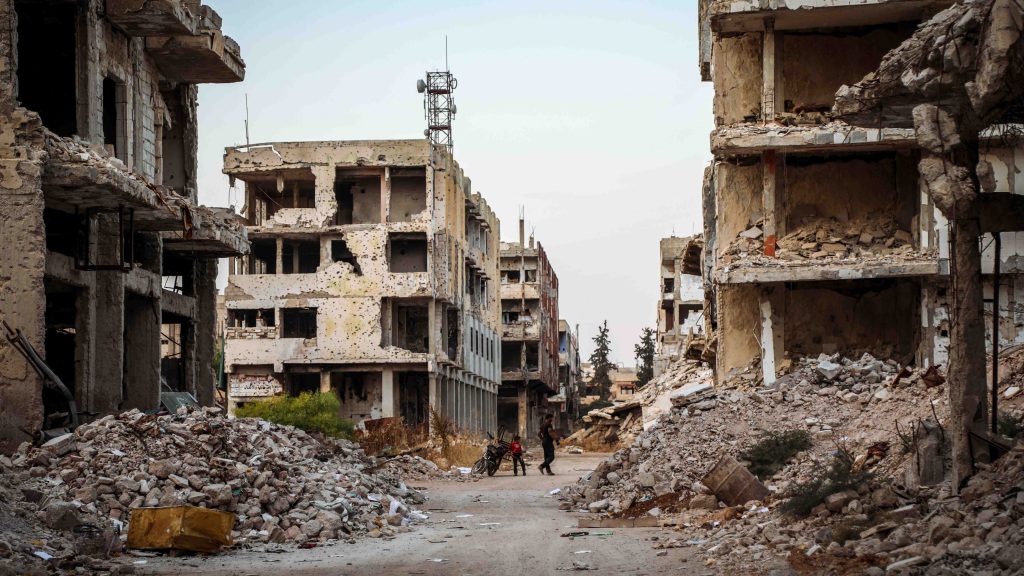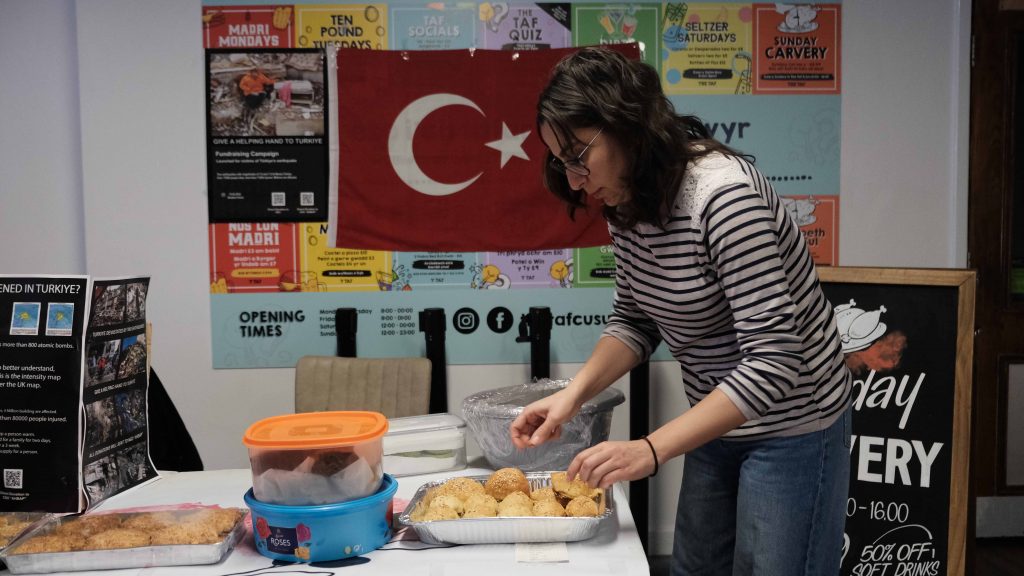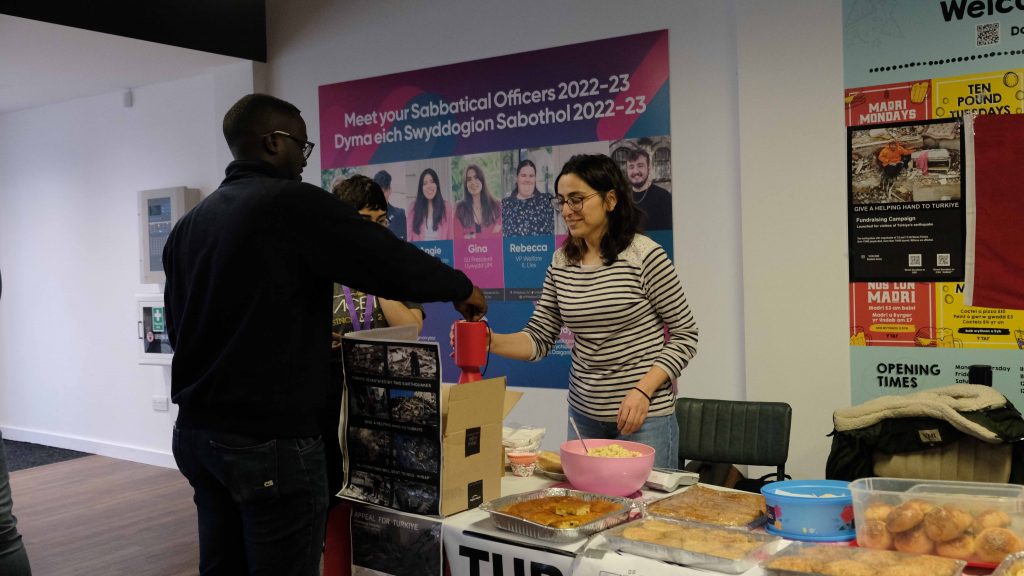International students and charities in the city are working together to help those affected by the earthquake that has killed over 40,000 people.

Waking up at 7 am as usual, Basak Toren was shocked by the images from her friend in Turkey, where three earthquakes hit in the southeast near the Syrian border.
Rescuers were racing against time to reach those under wreckage, heavy snow bringing local temperatures below zero degrees.
“In the centre of the earthquake, my friend’s house was damaged and even partly collapsed. As a nurse, she saw others who were still in the rubble, cold and homeless, even though today is the 10th day already,” said Basak, the president of Cardiff University Turkish Society.

Even those houses that were still standing showed signs of heavy damage. “People don’t want to enter their house, preferring to live in a guest house, even a tent, because they feel they are not safe in the ‘dead’ houses,” says Basak.
Many of her fellow Turkish students in Cardiff are upset that they haven’t heard anything from the University which seems to be unconcerned about how they feel.
“We are feeling sorry that some of us lost their friends, their family as well. We know Cardiff University gives psychological help for them, but it’s not enough for us,” said Basak. “We just wanted to see any email from them, saying that we are understanding you, sharing your feeling and sadness.”

Until now, over 35,000 people have died, and many thousands are injured in Turkey and Syria, with 17 million people in the affected area, many of them in urgent need of shelter, food, and medical aid.
Basak met society members and decided to organise a bake sale for those affected by the disaster. Through actively posting on social media and reaching out to most departments, students union and other volunteers followed up.

“We came to the student union reception and booked a stall immediately, arranged the division of labour, who to post, who to make food,” said Basak. “The most important thing is a place where we could share our feelings.”
More international attention is coming after their whole week’s effort.
“Next week, there is a big bake sale. The Spanish, Italian society, and African Middle East, African society, and Islamic society, will be together to make donations to Turkey and Syria,” said Basak.
There are a number of charities and organisations in the city trying to help the relief effort as well.

Dr Mohammad Alhadj Ali, a clinical lecturer from Cardiff University, who is also the chairman and founder of Syrian-Welsh society, organised a clothing collection at a local mosque.
“These clothes will go to a clothing factory run by Islamic Relief based in Birmingham and then it will be reorganised there then sent to Syria as soon as possible,” said Dr Alhadj Ali.
He explained that there were other recycled materials, and all funds would be supporting any projects there on the ground.

The border between Turkey and Syria is an earthquake-prone area. Except for its large magnitude and midnight, the location of the quake, which is prone to aftershocks, was a big reason it was so deadly.
“Our society wants to raise awareness about the disaster situation and also try to work with stakeholders and other charities as well and provide advice on the best way to deliver aid to the hit areas most in need,” said Dr Alhadj Ali.
Syrian-Welsh society now is supporting the campaign of the Syrian Medical Society to fund for local hospitals because they are out of services in the affected region at this moment.
People living abroad could not directly give a hand to those trapped in the rubble, but they can make a difference as well.
“We expect to ask the university and council: how can we help you? Because we are living here as a student, and we are Turkish. Anytime or anything we could help our compatriots, we’re in,” said Basak.

If you would like to help Turkey and Syria, here are the international organizations you could make donations:
DEC ( Disasters Emegency Committee) is an umbrella group of UK charities which coordinates and launches collective appeals to raise funds to provide emergency aid and rapid relief to people caught up in disasters and humanitarian crises around the world.
AFAD (Disaster and Emergency Management Presidency) is a governmental disaster management agency to take necessary measures for effective emergency management and civil protection nationwide in Turkey.
AKUT (Search and Rescue Association) is a voluntary organization involved in searching, assisting and rescuing all who require aid within its authority and means in Turkey, with the largest number of members and the broadest variety of specialized skills.
AHBAP Association is one of the most active voluntary networks in Turkish affected regions, to provide all kinds of help, in the form of in-kind and cash assistance to those in need.
